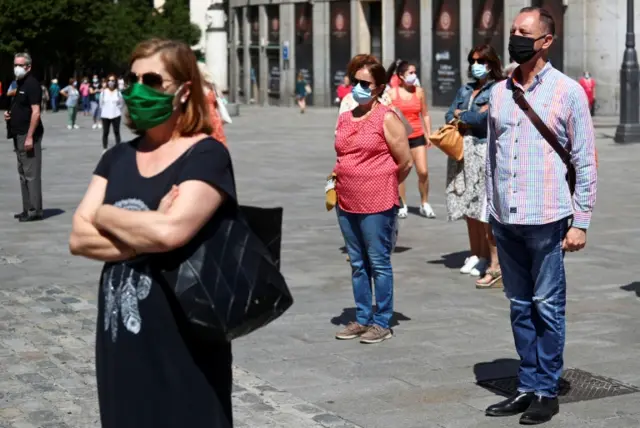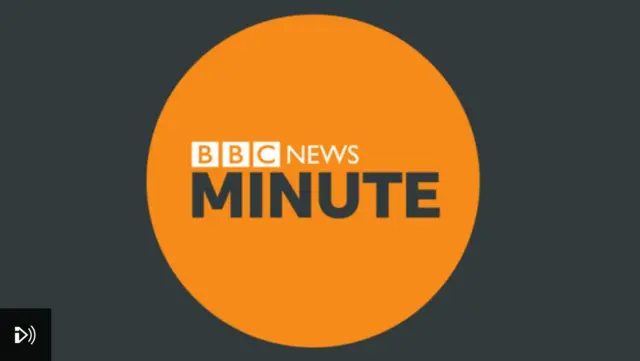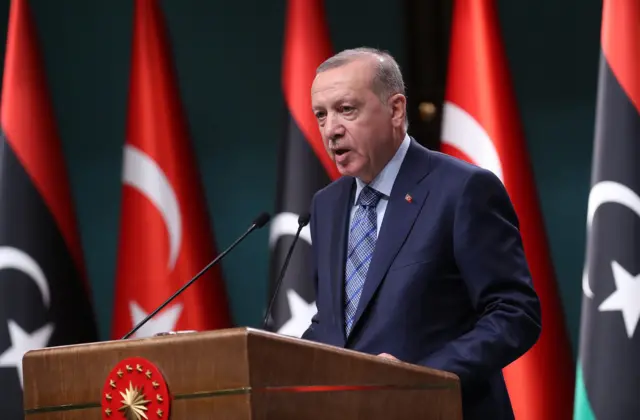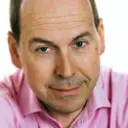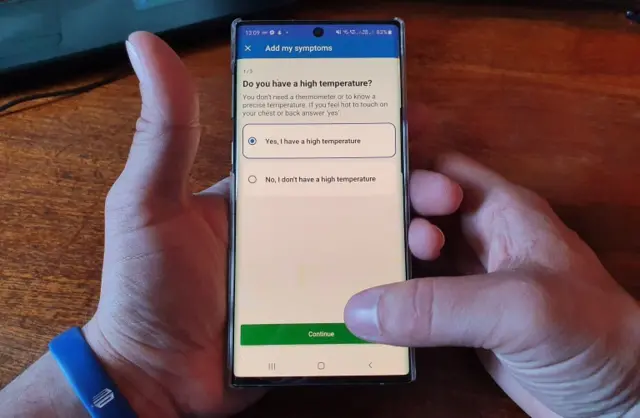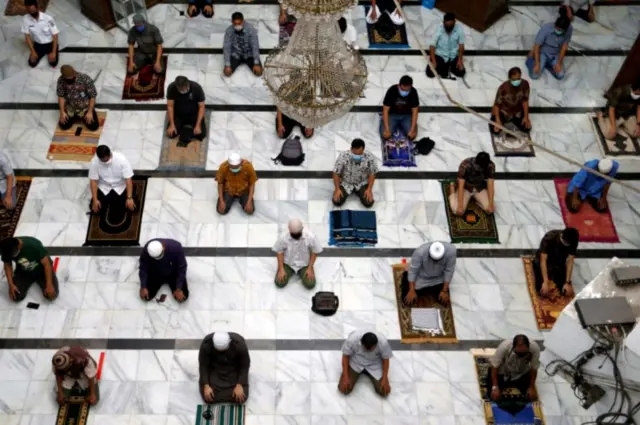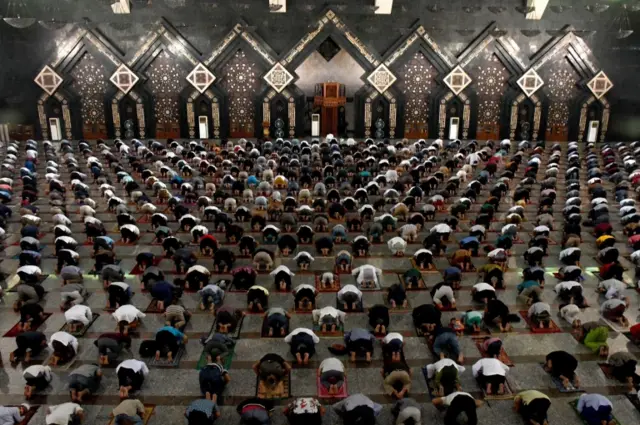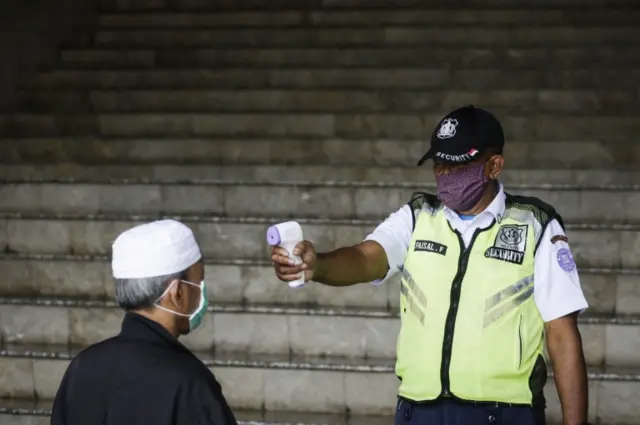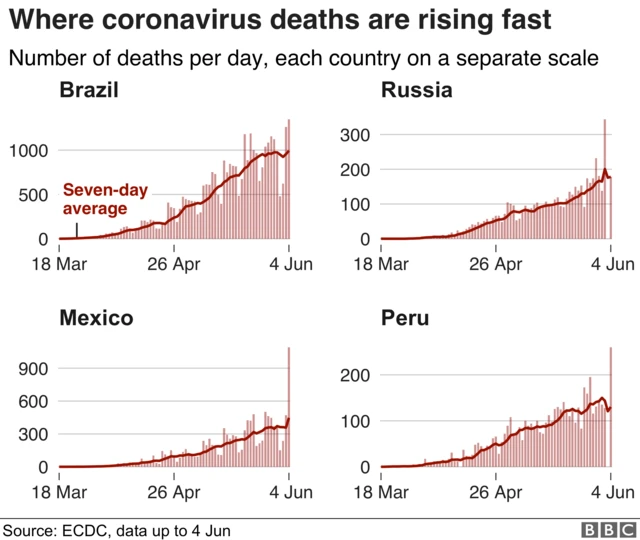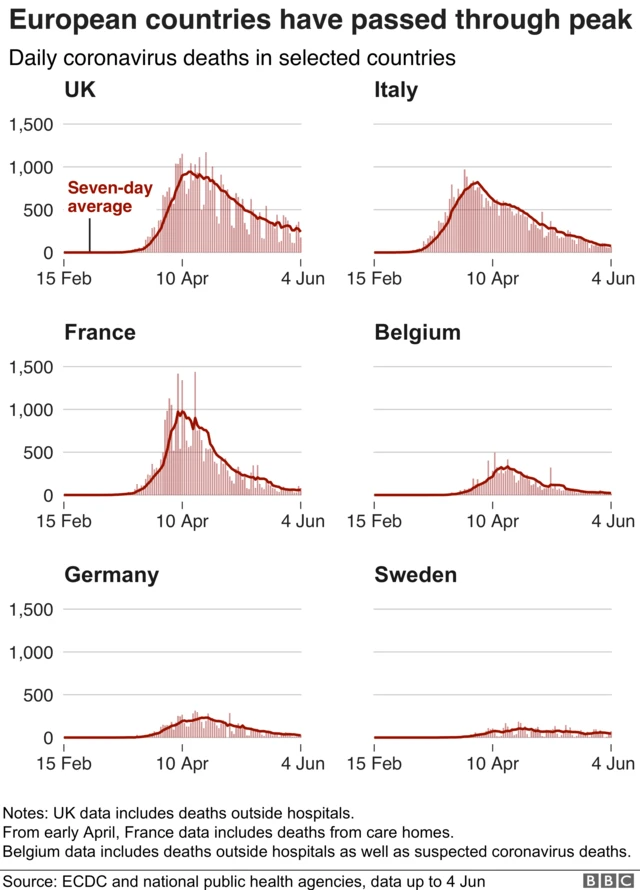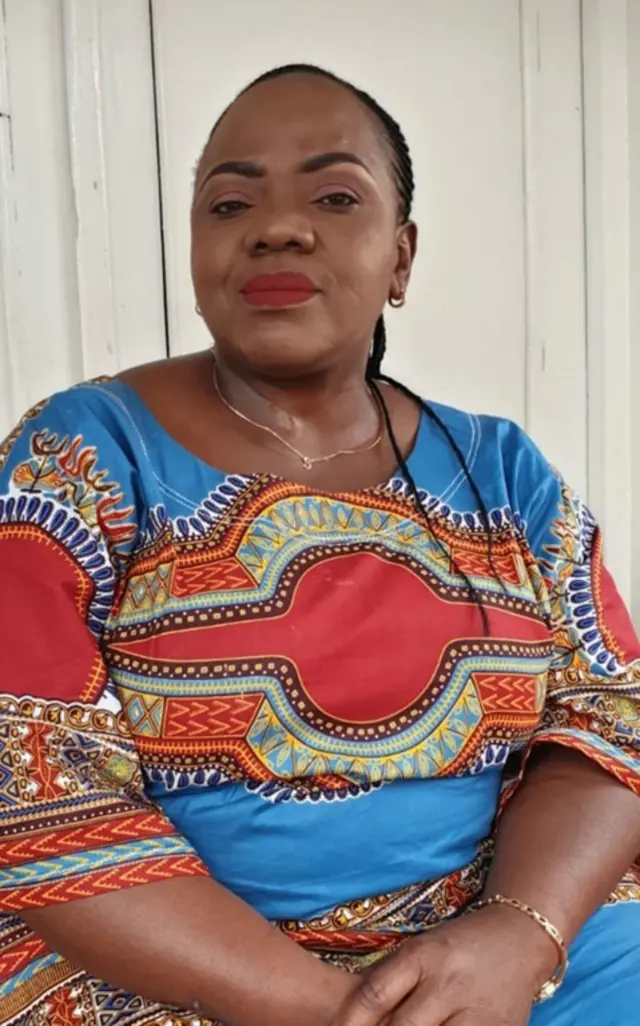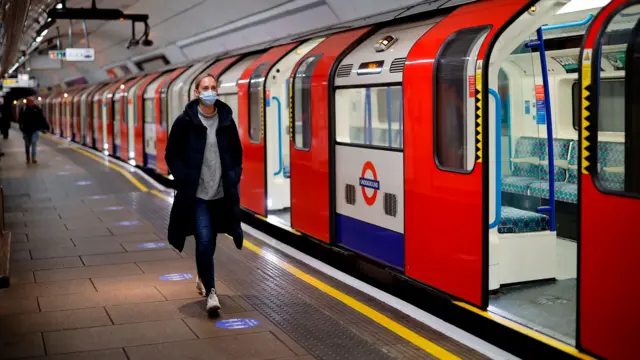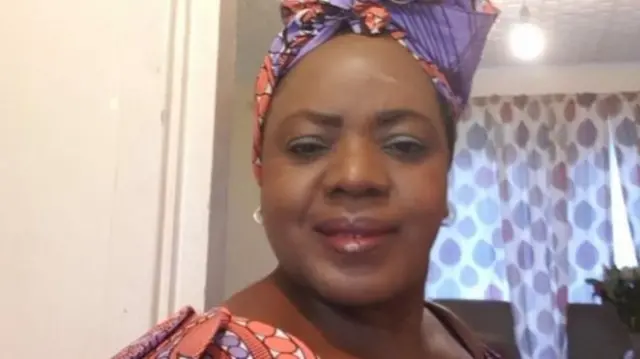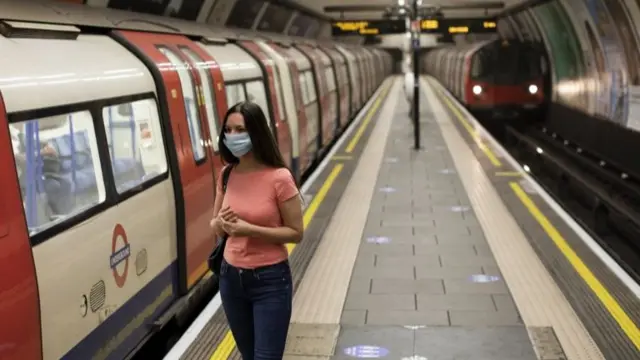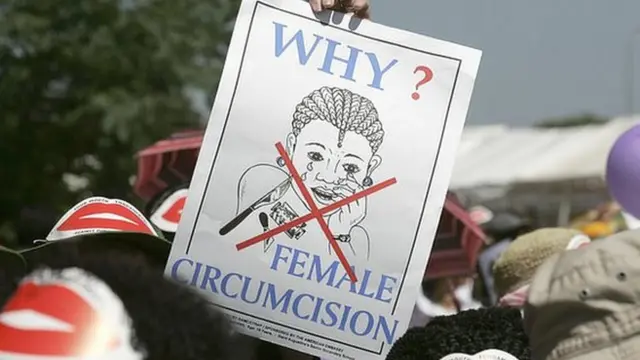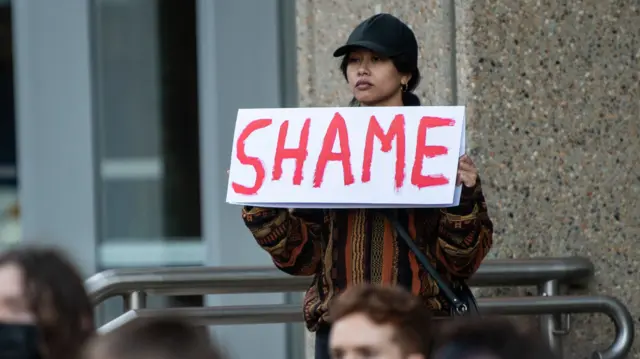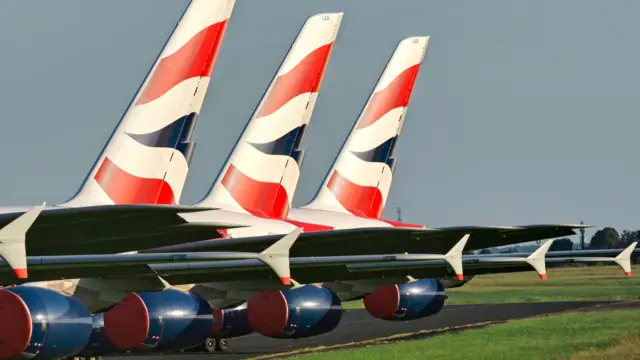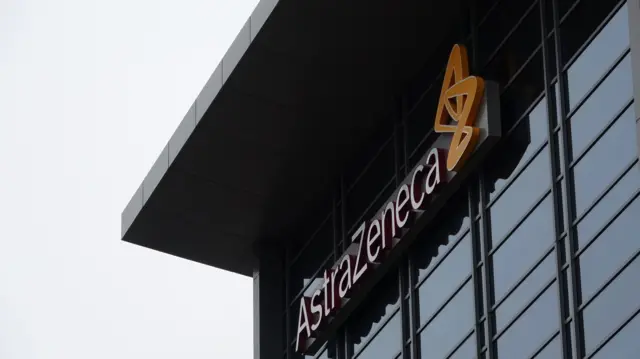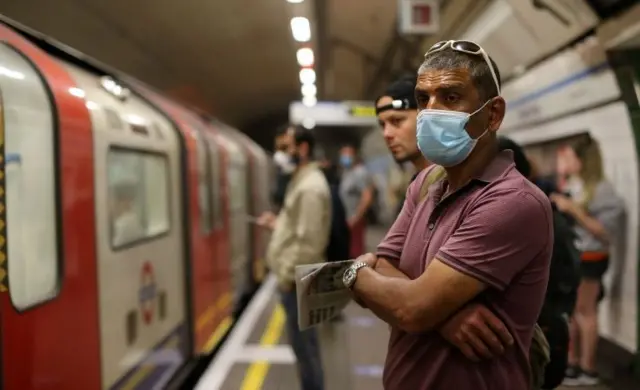US unemployment falls, in good news for economypublished at 14:22 BST 5 June 2020Breaking
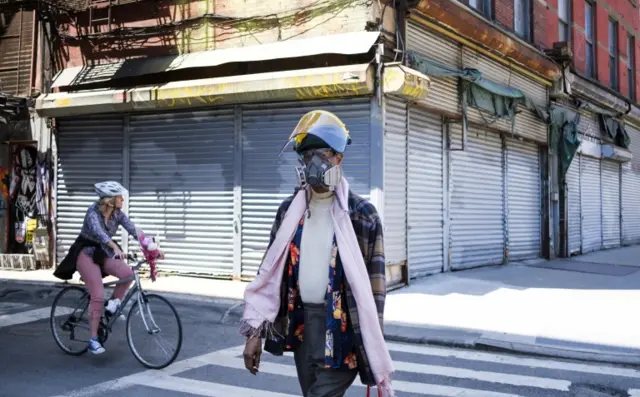 Image source, EPA
Image source, EPAThe US economy has confounded the expectations of many analysts, with its jobs market improving last month despite the pandemic.
With 2.5 million jobs added in May, the unemployment rate fell from 14.7% in April to 13.3%.
There had been fears that unemployment could rise as high as 20%, but measures to ease lockdown restrictions in many states in recent weeks appear to have helped.
However, the new figures are still far higher than before the pandemic: earlier this year unemployment had fallen to a 50-year low of 3.5%.
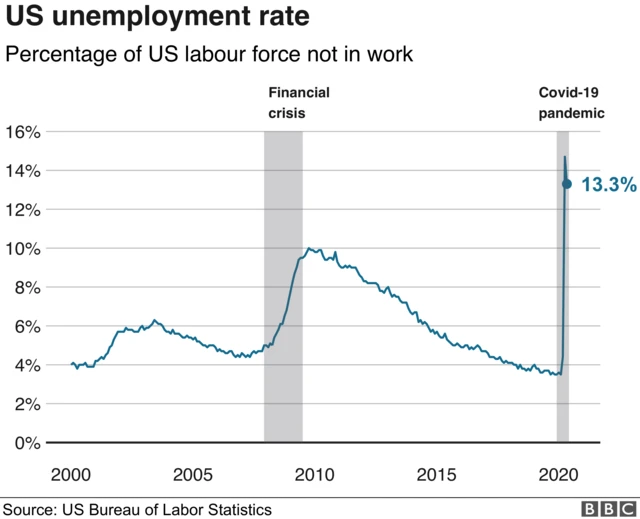
President Donald Trump was quick to take credit for the development, saying in a tweet: "Great going President Trump (kidding but true)!"
The US has recorded more Covid-19 deaths and confirmed infections than any other country.
Allow X content?
This article contains content provided by X. We ask for your permission before anything is loaded, as they may be using cookies and other technologies. You may want to read X’s cookie policy, external and privacy policy, external before accepting. To view this content choose ‘accept and continue’.
